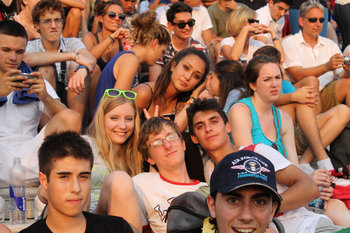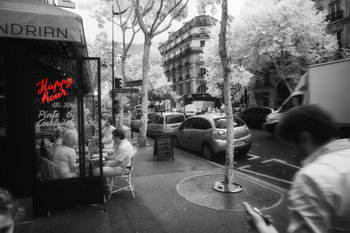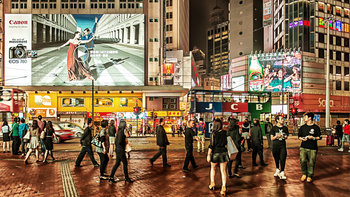
Product
A restaurant chain that offers local dishes in each location.Pricing
A fashion brand that develops full price shops in convenient areas where their target market frequent and outlet shops in areas that are difficult to reach. In this way, customers who are willing to pay more will visit the convenient locations and those who are price sensitive will be more likely to travel to the outlet locations.Locations
Developing locations that are unique to each city or neighborhood. For example, a coffee shop designed to fit in well with the local architecture.Merchandising
Selecting and displaying products that are relevant to a location. For example, a supermarket near the beach that stocks a large display of beach goods from suntan lotion to surfboards.Promotion
Customizing your promotional efforts to an area such as sponsoring a local sports team or event.Branding
In some cases, a brand is developed to appeal to a particular region. For example, a Canadian firm might develop different brands for Quebec, the French speaking region of Canada. Such brands may seek to incorporate elements of local culture such as language, history and folklore.Distribution
It is very common to use different distribution methods and channels by region. For example, a fashion brand that operates its own shops in the UK may partner with department stores in Japan.Sales
Sales strategies that differ by region. For example, a French firm may employ a direct sales team in its home country and sell through partnerships in other European nations.Customer Experience
Tailoring the customer experience to a location such as a beachfront hotel that offers surfing lessons, local food and performances.| Overview: Geographic Segmentation | ||
Type | ||
Definition | The process of tailoring your marketing efforts to a geographical location or region. | |
Related Concepts | ||



























